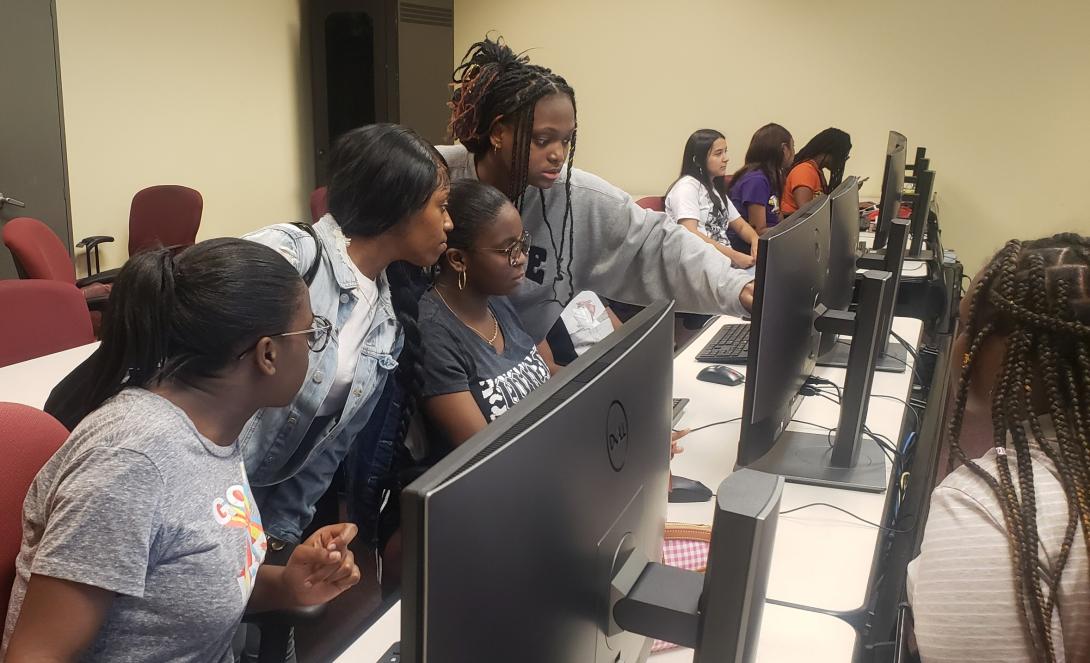Partnership to provide technology and cyber-security experiences to Alabama Black Belt through mobile application development
This ITEST-Alabama (Developing and Testing Innovations: DTI) project aims to advance efforts to better understand and promote practices that increase minority high school students' motivations and capacities to pursue STEM careers. This project engages students in hands-on field experience, laboratory/project-based entrepreneurship tasks and mentorship experiences in fields of computing, specifically in cybersecurity. This project, based on the use of a Project Based Learning (PBL) environment with high school students, is a partnership between Tuskegee University, Auburn University, a rural and an urban school district in the historic Black Belt region of the state of Alabama, and Tuskegee University Engineering and Computer Science Alumni Associations. The focus of the partnership is to recruit annually a cohort of forty ethnically and racially diverse high school students from the partnering school districts for immersion in a STEM intensive PBL four-week STEM Summer Academy hosted by Tuskegee University, followed by one-semester in-school training. The Academy is designed to provide 40 rising 10th and 11th grade students and ten high-school teachers annually (150 over the life of the three-year grant) with far-reaching technological experiences through the exciting exploration of secured mobile application development under a PBL framework.
The key questions being addressed are: (1) To what extent does the innovative four-week technology-oriented experience in a PBL environment followed by one-semester in-school training impact minority high school students’ knowledge, interest, motivation, and attitudes towards STEM-related careers? (2) In what ways does the collaborative small group experience with mentor teachers affect minority high school students’ interest and awareness of STEM-related careers? (3) To what extent do the effects of the program persist after its completion? Do they lead to STEM-related post-secondary plans? (4) What instructional and mentoring strategies can be effectively integrated to boost minority high school students’ knowledge, interest, and attitudes towards STEM-related careers? A mixed-method design with both qualitative and quantitative data will be used to examine the students' motivation and attitude towards STEM in a PBL environment.
